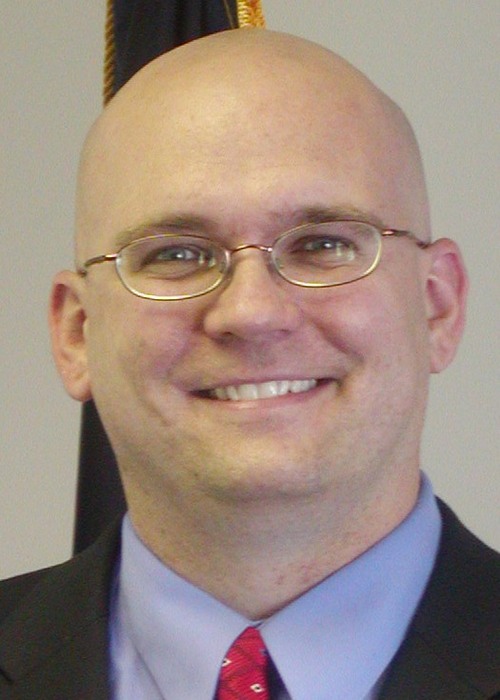I am pleased to announce three great speakers are coming to Susquehanna University during the 2014-2015 academic year. All three are part of our speaker series on liberty and economic freedom.
The three speakers complement each other nicely. One speaker will discuss national issues, one will discuss issues specific to the state of Pennsylvania, and one will discuss issues related to food and agriculture.
Our three speakers are:
Here's some information on our speakers:
Jayson Lusk. Regents Professor and Willard Sparks Endowed Chair in the Department of Agricultural Economics at Oklahoma State University.
Jayson will be talking about issues related to food, the "food police", and freedom. Here's (an abridged version of) his autobiography:
I currently serve as Regents Professor and Willard Sparks Endowed Chair in the Department of Agricultural Economics at Oklahoma State University and also serve as the Samuel Roberts Noble Distinguished Fellow at the Oklahoma Council of Public Affairs. After earning a B.S. in Food Technology from Texas Tech University in 1997, I received a Ph.D. in Agricultural Economics from Kansas State University in 2000.
I’ve been listed as one of the most prolific and cited food and agricultural economists of the past decade in a variety of outlets including here, here, here, and here, won numerous research awards, given lectures at over 30 universities in the US and abroad, published editorials in outlets such as the New York Times, Wall Street Journal, Forbes.com,Foxnews.com, TIME.com, Townhall.com and the Huffington Post, and have made TV appearances on Fox and Friends, the John Stossel Show, and Wall Street Journal Live, among others.
In 2007, I co-authored a book on a consumer research method with Jason Shogren published by Cambridge University Press and co-authored an undergraduate textbook on agricultural marketing and price analysis with Bailey Norwood published by Prentice-Hall. In 2011, I released a book co-authored with Norwood on the economics of farm animal welfare published by Oxford University Press and also co-edited the Oxford Handbook on the Economics of Food Consumption and Policy. My most recent book, The Food Police: A Well-Fed Manifesto about the Politics of Your Plate, was published by Crown Forum in 2013.
David R. Henderson. Research fellow at Stanford University’s Hoover Institution, and an associate professor of economics at the Graduate School of Business and Public Policy, Naval Postgraduate School, in Monterey, California.
David will be discussing issues related to the national economy, including the benefits of capitalism and economic freedom. Here's an abridged version of his autobiography:
I’m the editor of The Concise Encyclopedia of Economics (Liberty Fund, 2008). It is now on the web at: http://www.econlib.org/library/CEE.html. It has been translated into Russian and Arabic. My book, The Joy of Freedom: An Economist’s Odyssey, was published by Financial Times Prentice Hall in the fall of 2001, and has been translated into Chinese. I also wrote, with my former student, Charles L. Hooper, Making Great Decisions in Business and Life (Chicago Park Press, 2006). It has been translated into Japanese and Korean.
I’ve written about 200 articles for such popular publications as the Wall Street Journal, New York Times, Barron's, Fortune, Los Angeles Times, Chicago Tribune, Public Interest, National Review, Red Herring, and Reason. I’ve testified before the House Ways and Means Committee, the Senate Armed Services Committee, and the Senate Committee on Labor and Human Resources. I’ve also appeared on C-SPAN, CNN, the Jim Lehrer Newshour, the O’Reilly Factor, and the John Stossel show, and I’ve done radio interviews with NPR, the BBC, KQED-FM and many regional radio stations.
Nathan Benefield. Vice President of Policy Analysis for the Commonwealth Foundation.
Nate has researched and written on public policy issues including taxes, government spending, education reform, transportation funding, health care policy, and economic development. Nate's work has been featured in the Philadelphia Inquirer, Pittsburgh Post-Gazette, Pittsburgh Tribune-Review, Patriot News, and Allentown Morning Call amongst others. Nate frequently provides testimony to the Pennsylvania House and Senate and often lends his policy expertise to WHP 580 and KDKA radio.







